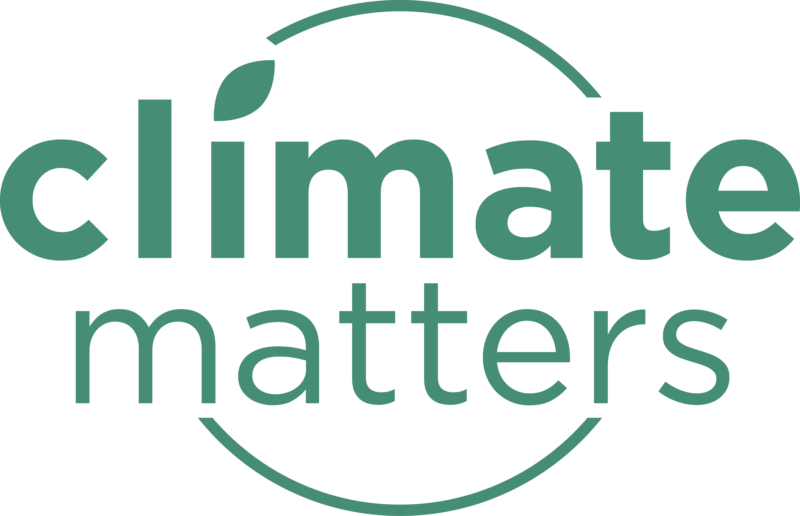Veganism – solving the climate issue?
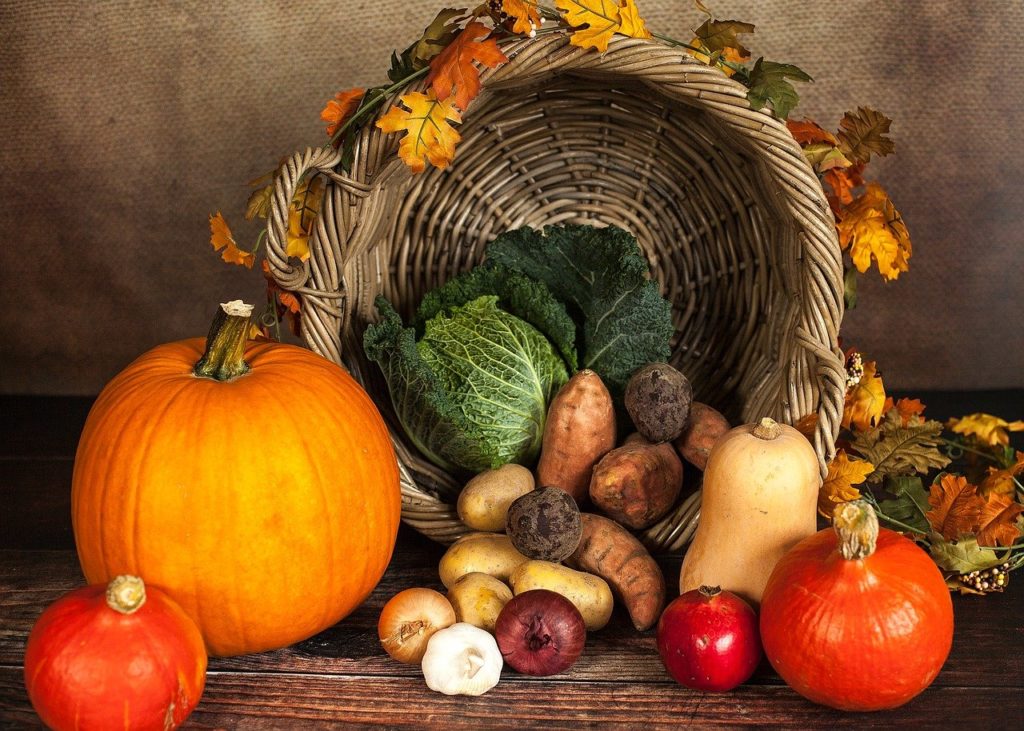
Germany’s Federal Statistics Office (Destatis) just released a report showing that in 2020 the amount of meat produced in the country dropped by four percent. Conversely, production of meat substitutes rose by 39% [1]. With record numbers signing up to Veganuary this year, the controversy around veganism seems to be diminishing. The question is, is […]
Ein Bild und tausend Worte: Wie framen deutsche Online-Medien das Thema Ernährung?
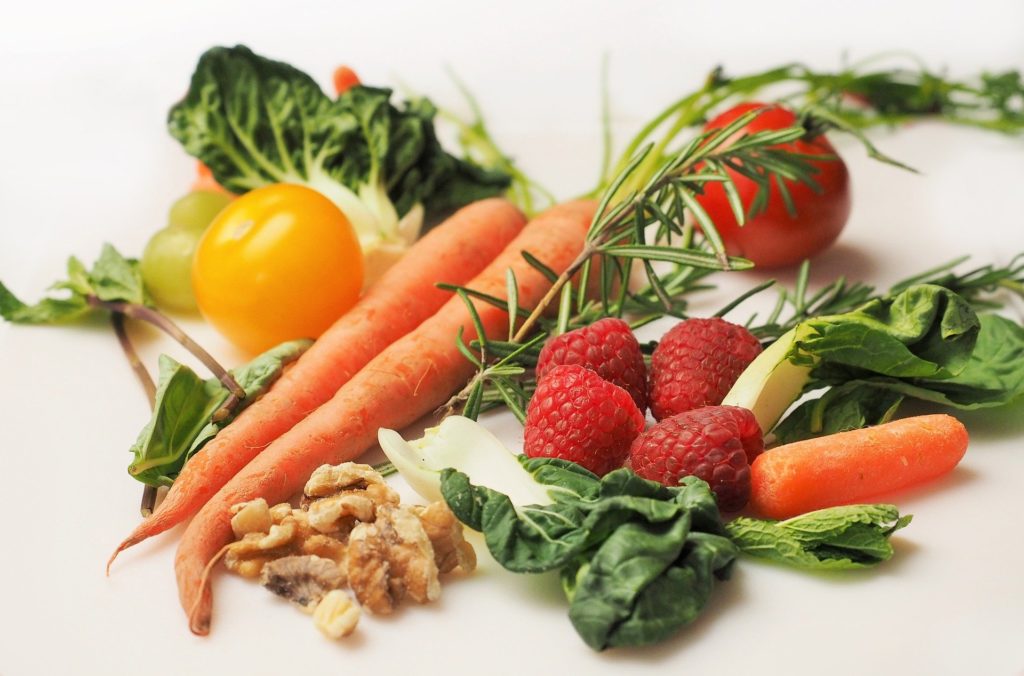
Fortsetzung von “Like this, eat that: Warum wir essen, was wir in den Medien sehen” Um besser zu verstehen, wie Online-Medien die alltäglichen Entscheidungen von Konsumenten und Medienrezipienten für eine bestimmte Ernährung beeinflussen, spielt die Art und Weise, wie Online-Medien das Thema Ernährung in ihren Beiträgen multimodal framen, eine entscheidende Rolle. Dabei wirken Bilder und Texte zusammen. […]
Like this, eat that: Warum wir essen, was wir in den Medien sehen
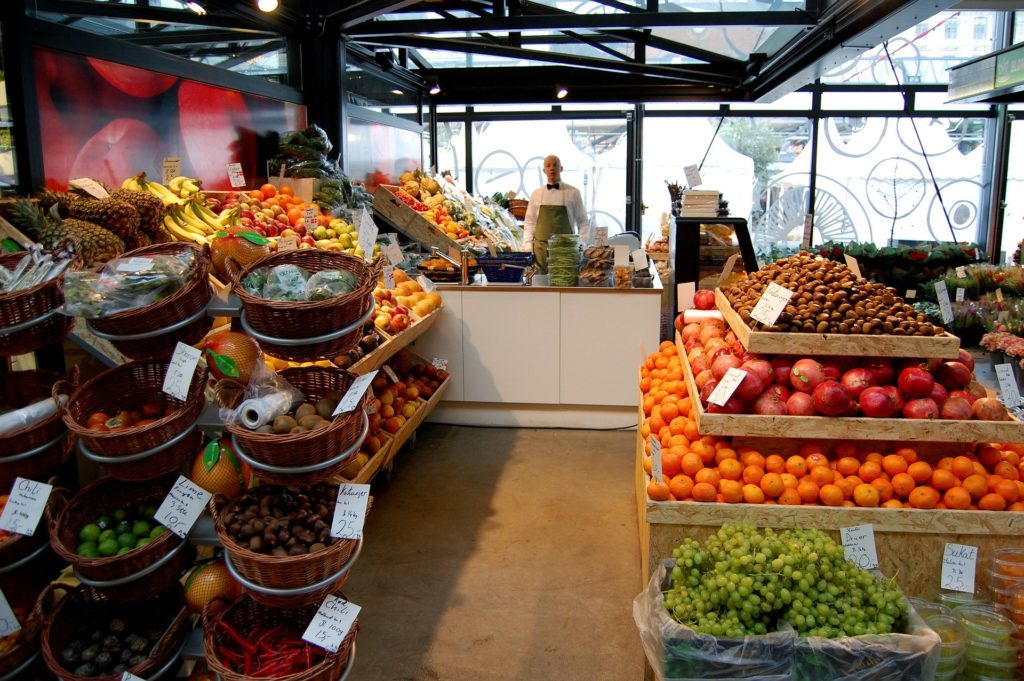
Der Klimawandel und seine daraus entstehenden Folgen werden momentan intensiv diskutiert. Und unsere Ernährung spielt für die zukünftige Entwicklung eine nicht unerhebliche Rolle. Schon bald werden etwa 10 Billionen Menschen auf der Erde leben (UN World Population Prospects, 2019), die alle ernährt werden müssen. Besonders der Bedarf – oder eher der Wunsch – nach Fleischprodukten […]
Bist du CO2 Expert*in? Wie klimaschädlich unser Essen wirklich ist
Wir haben die Wahl. Immer. Heutzutage haben wir wahrscheinlich sogar so viel Auswahl zwischen verschiedenen Lebensmitteln, wie noch niemals zuvor. Supermarkt oder Bio-Laden, Discounter oder Wochenmarkt. Auch im Winter finden wir dort tropische Früchte und reifes Obst oder verschiedenste Käsesorten und Fleisch zu günstigen Preisen. Aber welchen Preis zahlen wir wirklich für unsere Einkäufe? Nicht […]
Sustainable Lives: Preliminary findings from the first project stage
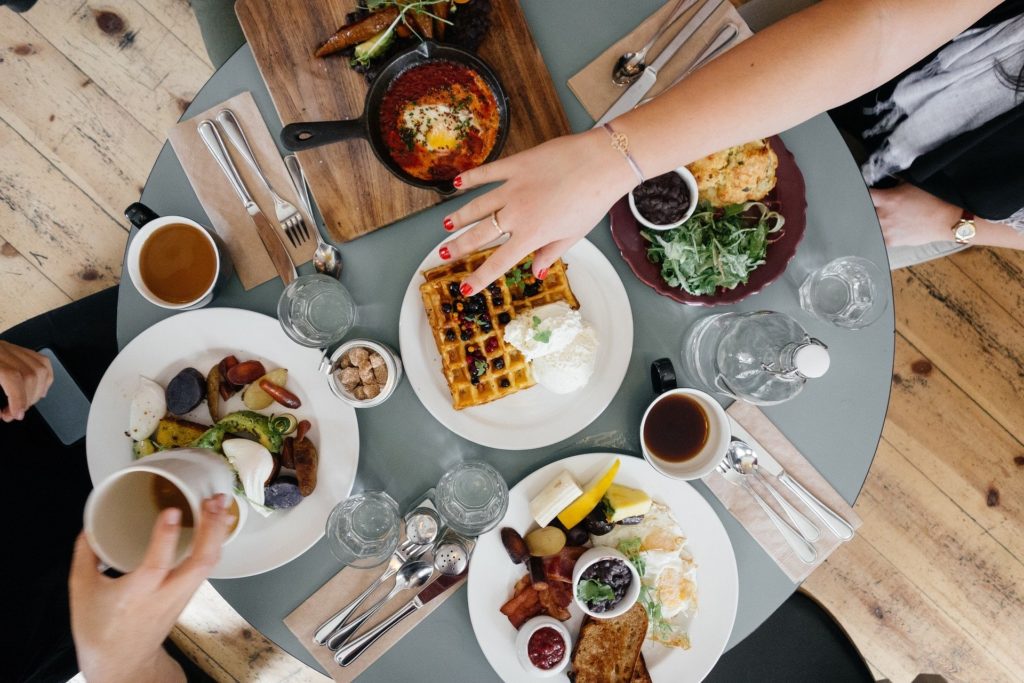
Since the “Food project” has now brought its first stage to a close, it is time to present some preliminary findings. With the funding provided by KNU, we have conducted a thorough interdisciplinary literature review and several pilot studies: a representative survey in sociology, experiments in economics, a qualitative and an automated content analysis in […]
Working paper series: Sustainable Lives
In a series of working papers, findings and ideas from the project “Sustainable Lives: Food Choices as Politics and Lifestyle” will be published in a sustainable and easily accessible way. The working papers will be in German or English, depending on their production context. Here are the first three working papers, written as project reports […]
Lecture Series Sustainable Lives: Carbon Offsetting with Eco-Conscious Consumers
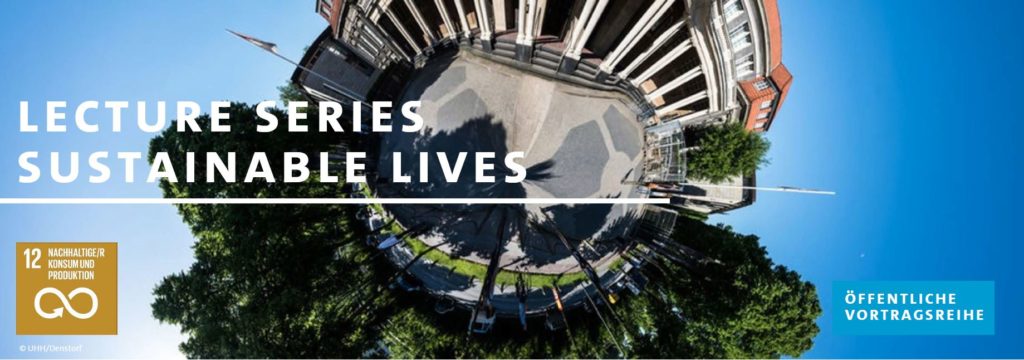
In the last part of the lecture series organised by the “Sustainable Lives” project, Gilvan “Gil“ C. Souza , Professor at Bloomington, Indiana University, will talk about Carbon Offsetting with Eco-Conscious Consumers. He will present a model of a firm that can reduce its carbon footprint in response to the emergence of a segment of […]
Results from survey: What do people eat in Hamburg? (Part II)
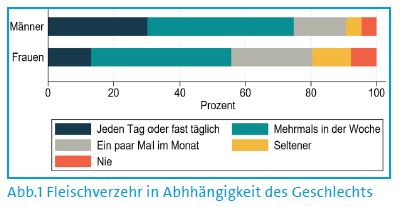
In a second flyer (in German), the sub-project team from Prof. Stefanie Kley presents more results from their representative telephone survey in Hamburg, taking a look at factors explaining different eating habits. They found that there is a gender difference (women eat less meat than men) and also an influence of education (people with a […]
Lecture Series Sustainable Lives

Accompanying our research project on sustainable food choices, our team is currently organizing a public lecture series on the topic of sustainable lifestyles. In three events from April to June 2019, international guests will present their work concerning different aspects of the topic. The lectures cover Digital Foodscapes, Public Perceptions and Engagement with Climate Change […]
First results from survey: What do people eat in Hamburg?
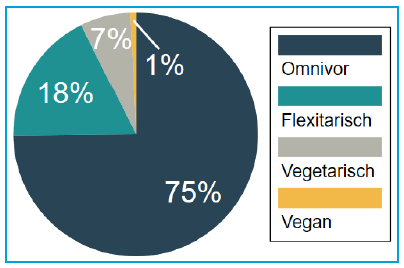
What kind of food do people in Hamburg usually eat, and do they link their daily consumption to sustainability? The sub-project from Prof. Stefanie Kley conducted a representative telephone survey with more than a thousand respondents in Hamburg from August to December 2018, dealing with the topics of food choice and nutrition. First results are […]
